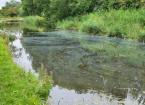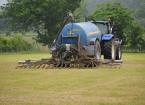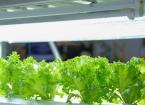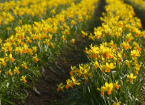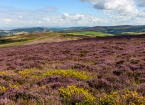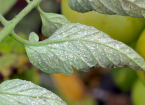Sustainable Farming -Lowering the Risk of Diffuse Pollution
Diffuse pollution is pollution that enters the environment such as a watercourse in a way that cannot be clearly attributed to a single activity. This might be through multiple sources or a single source but entering a watercourse in multiple...

